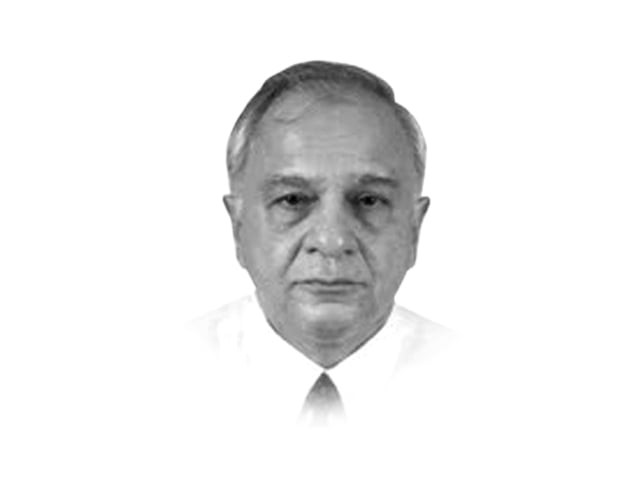Battle for the soul of Pakistan
If Pakistan’s soul is to be saved, let us begin our journey by implementing reforms and provide relief to the many.

There is a common string running through issues like the insurgency in Fata and Swat, executions and discovery of dead bodies in Balochistan and Swat, petition for recovery of missing persons, prosecution of Christians under blasphemy laws, daily reports about violation of human rights, refusal of state institutions to be accountable to lawful authorities, phenomenon of the Lal Masjid and reports of corruption in the government. One could argue that these are different matters and not necessarily related to security issues but these are indicators of a fractured state.
Such situations may have been present at the formative phase of other countries. For instance, reading Lord Durham’s report on Canada presented in 1829, one gets the feeling that it has also happened in Pakistan. He saw Canada as “two nations warring in the bosom of one.” However, while Canada had time on its side, Pakistan does not.
The raison d’être for the existence of any modern state is to provide freedom and human development. In Pakistan, we short sightedly turned the concept of nationhood into a driver of beliefs. In 1977, General Ziaul Haq changed the motto of the military to Iman (faith), Takwa (piety) and jihad fe sabil Allah (jihad in the name of Allah). From 1977 to 2010, the military ruled Pakistan for 20 years and changed its objective from the provision of freedom and development to international evangelicalism.
Political scientists understand that it is destructive for state institutions to challenge the judiciary. The current stand-off in the judiciary’s attempt to learn about the disappearance of Pakistani citizens from Adiala jail is an explosive issue. The refusal of intelligence services to assist the Supreme Court in discovering the whereabouts of the missing, despite the allegation that they were charged for the attack on the GHQ, threatens the transformation of Pakistan into a civilised state.
Unfortunately, instead of prudence we are witnessing the drawing of battle lines. Clearly, the Supreme Court’s vision of reconstituting institutional balance and to hold people accountable is being thwarted. During Musharraf’s regime, a large number of Pakistanis disappeared; estimates vary from 11,000 to many more. The relatives of these disappeared people naturally want to know about their whereabouts; this issue will just not die.
It appears that before Pakistan becomes a people-friendly state multiplying happiness and peace, it will need to clean its dirty linen that has gathered over the years. One method of achieving this is to create institutional balance and coherence. For that to happen, it is necessary for all state organisations to be answerable to parliament and to be accountable to the courts. In this context, two reforms are essential. Firstly, disclosure and discussion of the defence budget in parliament and secondly, passage of the legislation that prohibits the arrest and detention of civilians by the military. Under India’s counter insurgency doctrine, the military’s interaction with civilians can only occur under an authorisation of a magistrate, operating under the Criminal Procedure Code.
If, for security reasons, someone has to be detained, then this must take place under the law and the welfare of the detainee must be ensured by having a system of independent verification by the Human Rights Commission of Pakistan or some other independent verifying body, so that the families of the arrested can meet their loved ones.
If Pakistan’s soul is to be saved, then let us begin our journey by implementing the reforms advocated above and provide relief to the many.
Published in The Express Tribune, December 1st, 2010.














COMMENTS
Comments are moderated and generally will be posted if they are on-topic and not abusive.
For more information, please see our Comments FAQ